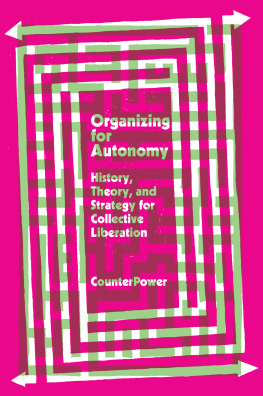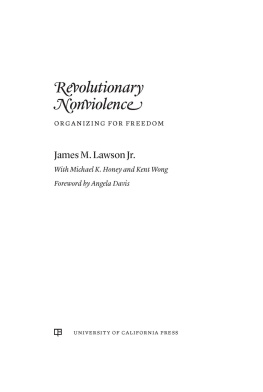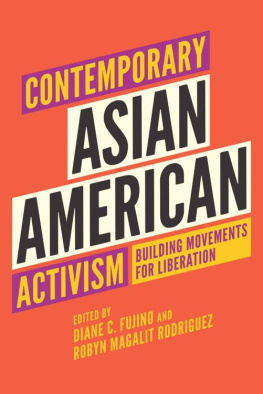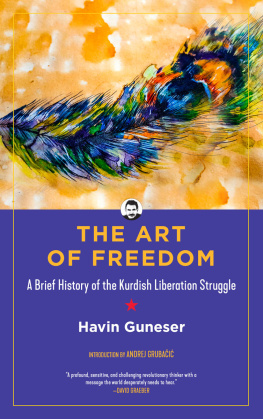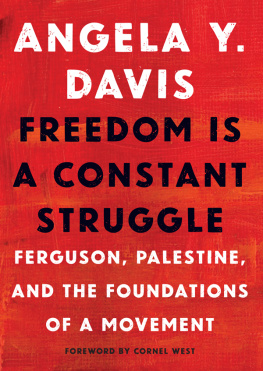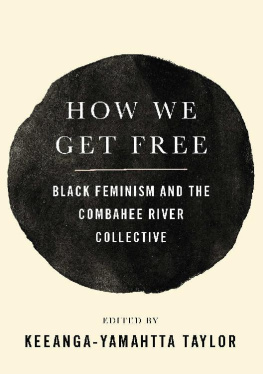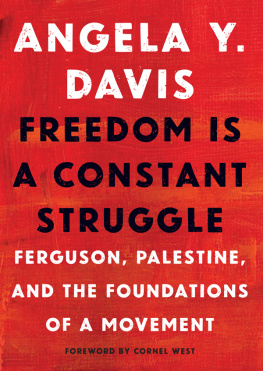CounterPower - Organizing for Autonomy: History, Theory, and Strategy for Collective Liberation
Here you can read online CounterPower - Organizing for Autonomy: History, Theory, and Strategy for Collective Liberation full text of the book (entire story) in english for free. Download pdf and epub, get meaning, cover and reviews about this ebook. year: 2020, publisher: Common Notions, genre: Politics. Description of the work, (preface) as well as reviews are available. Best literature library LitArk.com created for fans of good reading and offers a wide selection of genres:
Romance novel
Science fiction
Adventure
Detective
Science
History
Home and family
Prose
Art
Politics
Computer
Non-fiction
Religion
Business
Children
Humor
Choose a favorite category and find really read worthwhile books. Enjoy immersion in the world of imagination, feel the emotions of the characters or learn something new for yourself, make an fascinating discovery.
- Book:Organizing for Autonomy: History, Theory, and Strategy for Collective Liberation
- Author:
- Publisher:Common Notions
- Genre:
- Year:2020
- Rating:3 / 5
- Favourites:Add to favourites
- Your mark:
Organizing for Autonomy: History, Theory, and Strategy for Collective Liberation: summary, description and annotation
We offer to read an annotation, description, summary or preface (depends on what the author of the book "Organizing for Autonomy: History, Theory, and Strategy for Collective Liberation" wrote himself). If you haven't found the necessary information about the book — write in the comments, we will try to find it.
How can we get free? How can we free ourselves, our communities, our environments, our society? And what will this freedom look like? While the present moment holds incredible possibilities to organize for our collective liberation, there are powerful forces readily willing and able to summons all available weapons of repression to contain and suppress revolutionary movements....
The question of freedom is central to all revolutionary movements. It is at the root of everyday struggles against white supremacist colonialism, heteropatriarchy, capitalism, the authoritarian state, and every other form of systemic oppression. But we have to ask, again, what will freedom look like? Often, the realities we each face constrain the ways we can answer this question, so we ask it in pieces: How do we provide for each other? How do we protect, nurture, care, love, and create? How do we liberate ourselves from the hardships of enclosure, exploitation, and dependency that are imposed on our minds, bodies, communities, and environments? How do we free our sense of freedom, so it is not a set of individual and extractive privileges, but is instead the grounding for a communal form of abundance?
By laying bare the mechanisms of capitalism, imperialism, settler colonialism, climate catastrophe, heteropatriarchy, white supremacy, exploitation and dispossesion, and a range of other oppressive structures and countering them with a historical account of revolutionary movements from around the world, Organizing for Autonomy offers a brazen and determined articulation of a world that centers community, love, and justice.
With an unparalleled breadth and by synthesizing innumerable sources of revolutionary thought and history, CounterPower presents the result of years of inquiry, struggle, and resistance. Bold, fearless, and radically original, Organizing for Autonomy imagines a decolonized, communist, alternative world order that is free from oppressive structures, state violence, and racial capitalism and helps us to get there.
CounterPower: author's other books
Who wrote Organizing for Autonomy: History, Theory, and Strategy for Collective Liberation? Find out the surname, the name of the author of the book and a list of all author's works by series.

